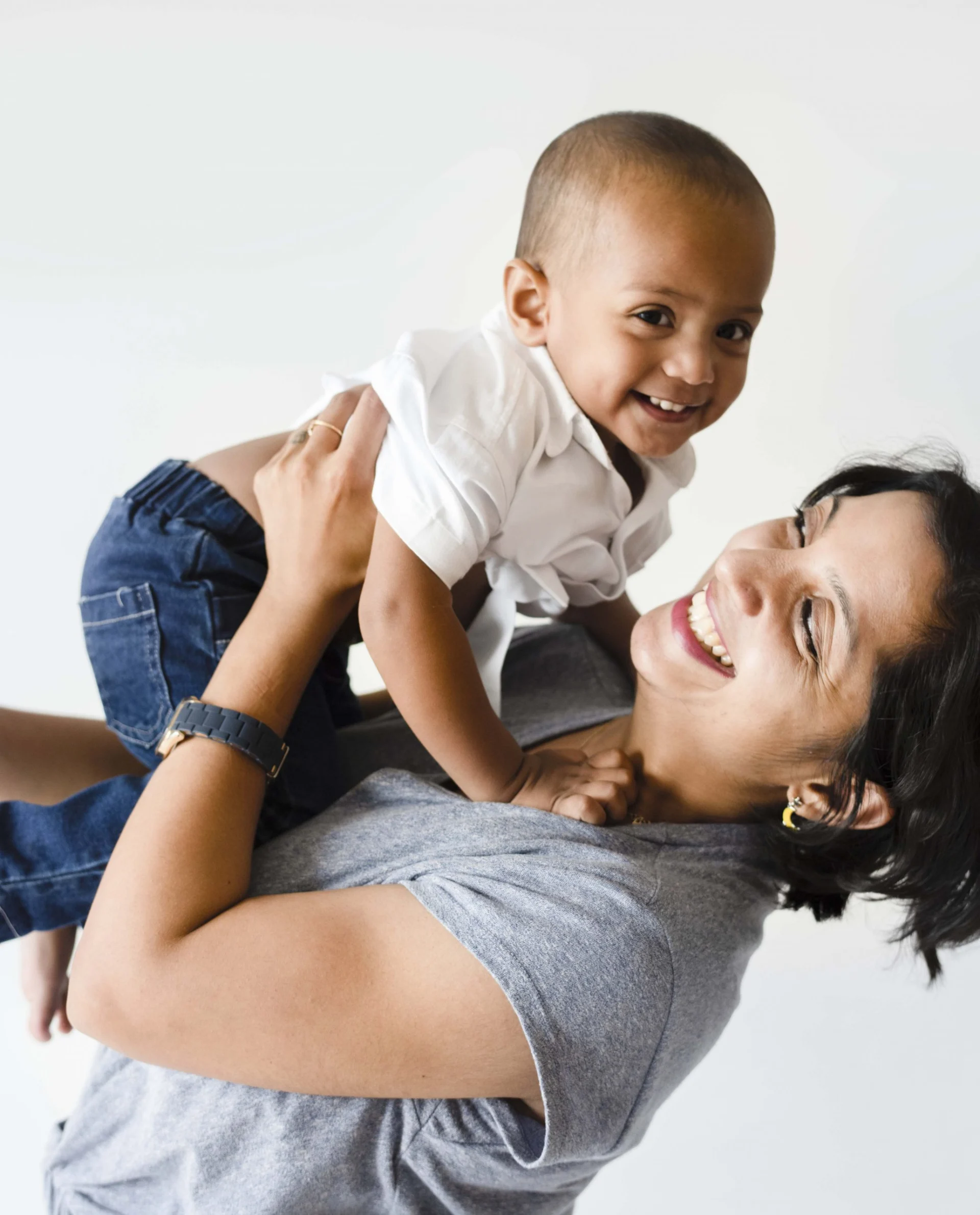Its thought that humans have been around for approximately 50,000 years. Compare that to nappies, which have been around for less then 100! Its doesn’t take much to come to the conclusion that humanity was doing just fine without nappies and in actual fact, we may actually be doing the world a favour by ditching them all together. As Muslims, we are encouraged to take care of the earth and to avoid actions which can harm or pollute the environment. When we consider that it takes 500 years for a single nappy to decompose, potty training our children from birth just seems like the most sensible thing to do as a Muslim mum.
How to actually go about potty training. Below is some advice to get you started.

The baby and you:
Lets start with the babies first. Babies have a strong natural instinct to not ‘soil the nest’ which is why they will cry when their nappy is wet or dirty. This innate instinct is lost over time as they become accustomed to wet nappies. Your baby is born ready to be potty trained, the objective is to capitalise on this natural instinct and hone on the skills required to control their elimination process.
Next, lets talk about you. For successful potty training, you need to be mentally and physically ready and also excited to achieve great things! Potty training requires consistency and commitment but is not herd, so being positive and having a can-do approach will do wonders for this process.
When to start:
The best time to start is from birth as you can train your baby whilst their instinct to stay dry and clean is strong. The next best time is around 5 months or when they can sit upright without flopping over. But don’t worry if your baby is older. Potty training can start at any time.

Signals and cues:
Babies are cute and make lots of faces. But these faces are often a form of communication. Very quickly, most mums recognise the babies ‘I’ve done / am doing a poop’ face. Try to look out for cues that come before that ‘I’ve done / am doing a poop’ face. This could be a bit of squirming, a little crying, some farting? The aim is to recognise the events leading to the elimination. Once you see something that makes you think hmm, maybe s/he needs to go, whip off that nappy.

Timing:
This approach works well for those who like to be a little more logistical. For a week, log every single dirty nappy including the time. You will probably notice a pattern in time of day where the baby regularly fills their nappy. Pick the most consistent time of day and start from there.














